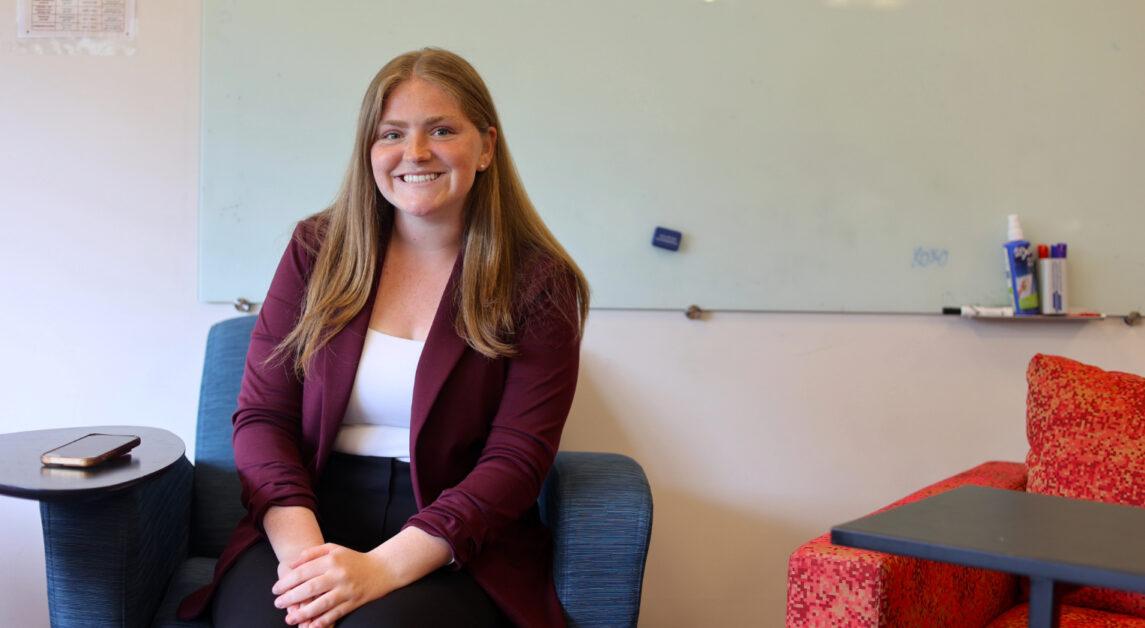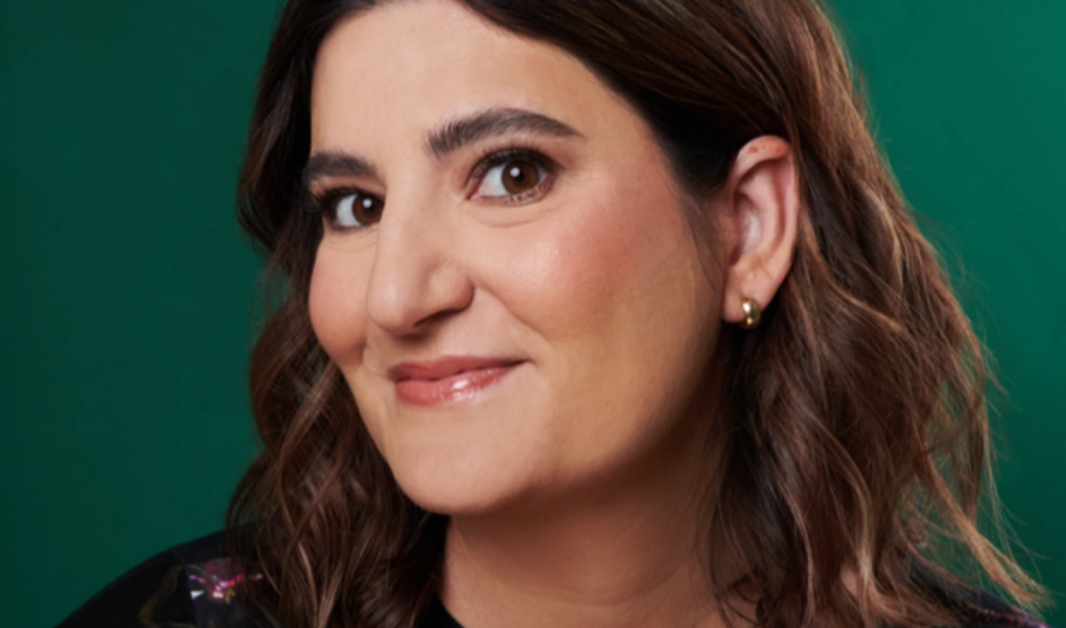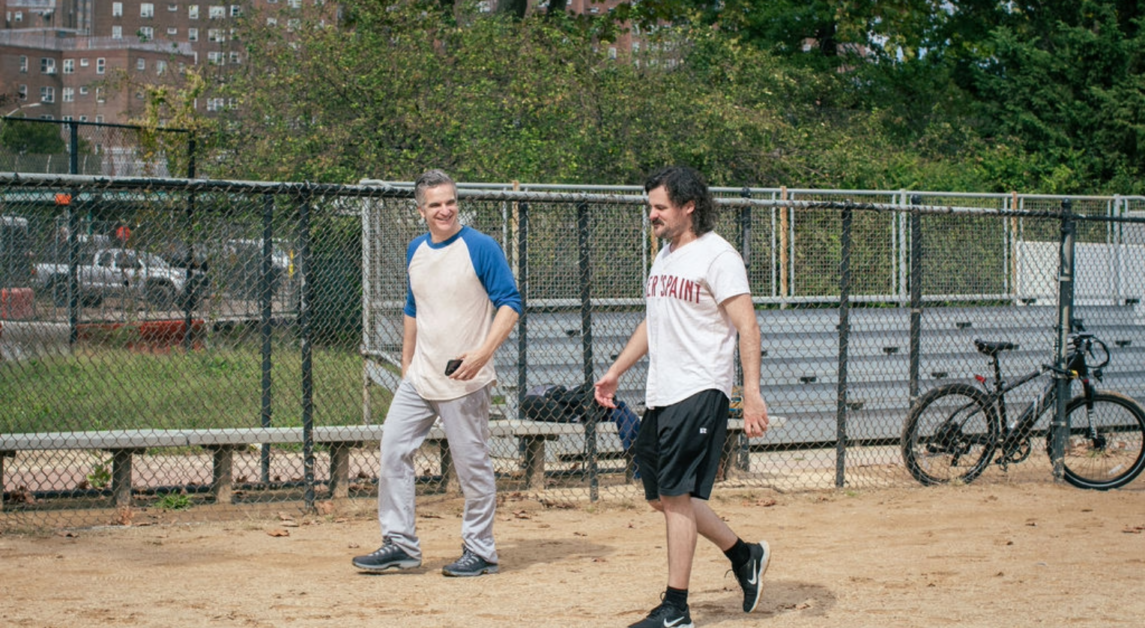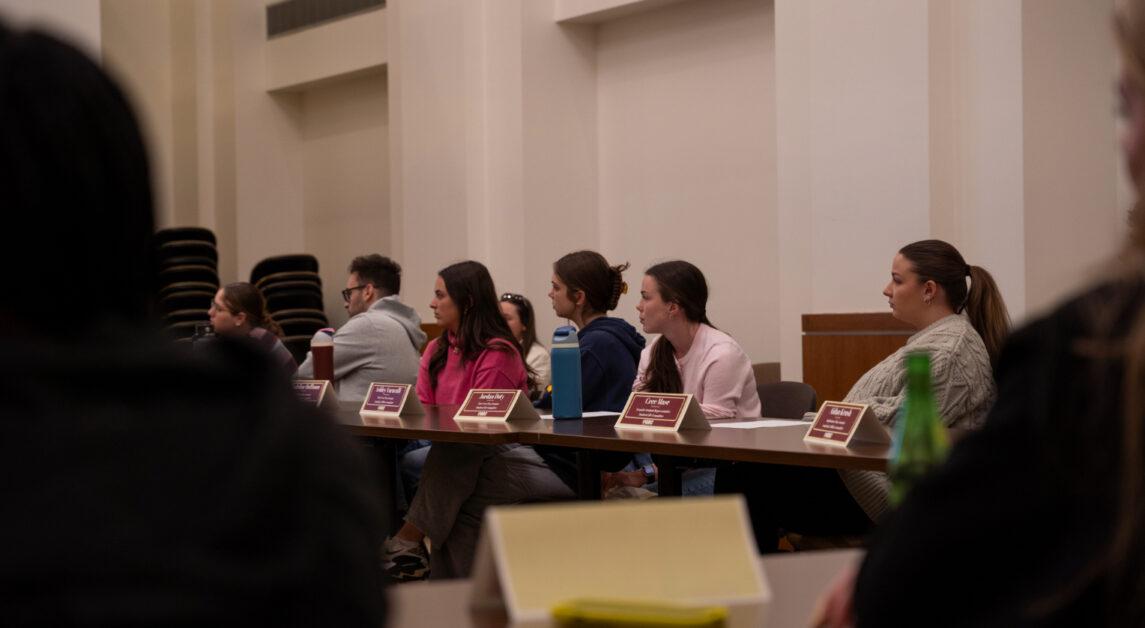Waiting on the tarmac of Ronald Reagan National Airport in Washington, D.C., is a plane full of Boston-bound travelers. It is a Tuesday at 6:30 in the morning, and every passenger on the flight has a full day ahead. Among the sport coat-donning businessmen and caffeine-drenched flight attendants sits a soft-spoken Austrian economist, typing on his laptop.
A frequent flyer, he has perfected the art of never wasting an hour, using this free time to work on his research. Though most of the passengers may spend a few weeks or even just a few days in Boston, this man will be gone by the evening. He will catch a 4 p.m. flight back to D.C. in order to make it home for dinner.
This kind of hectic schedule is perfectly normal for Mathis Wagner. He’s the co-author of 10 academic papers, a short-term consultant for the World Bank, and a Boston College economics professor. Wagner lives in D.C. and travels to Boston twice a week. He began working for BC in 2010, and the World Bank in 2012, giving him arguably the busiest schedule on campus.
Despite this, there is almost nothing in his calm demeanor that would indicate his hectic agenda. Sitting in a sparsely decorated office, Wagner smiled as he explained that, right now, “I actually kinda commute to work here.”
His schedule fluctuates from week to week, but he hardly seems bothered by the balancing act of living and working in two separate cities. For Wagner, his current pace is due to his desire to blend two separate careers, but this was not always the case.
Wagner traces his current career path back to his parents.
“I ended up compiling what my parents do,” he said. “My dad’s an economist but not an academic, my mom’s not an economist but an academic.”
At BC, Wagner teaches Economics of Refugees and Migrants to undergraduates, and Labor Economics I to Ph.D. candidates, while also serving as a graduate student advisor. For the World Bank, Wagner focuses primarily on projects concerning the effects of migrants on national economies.
Growing up in Austria, Wagner witnessed the influx of migrants into his home country after the end of the Cold War. This experience piqued an interest for him, and he began his research on the topic in graduate school.
To date, his most pertinent research has been about Indonesian migrants in Malaysia and Syrian refugees in Turkey. For the latter, he produced one of the first academic papers written on the topic, which was something he began working on before it came into the popular consciousness.
In the past few years, migration has become a politically and socially pertinent topic—something Wagner did not anticipate.
“The pace of academic work means that you’re only kinda very current by accident … Two years is actually relatively fast to get anything published, and often it takes longer than that, so it’s very hard to be really current,” he said.
The clients Wagner works for at the World Bank are often sovereign governments, many times with a desired result in mind. Because of this, Wagner and the World Bank work to insulate the integrity of his work from any political pressure. This practice follows through into the professor’s classroom dynamic as well.
“I think the best contribution I can make to any of these debates is to try to have a dispassionate, kind of factual based view,” he said. “I’m not an advocate at all, I try to keep those things quite distinct.”
Wagner says that his clients, although skeptical at times, have been largely receptive to his findings. Uninterested in political flashpoints, he focuses his work on data and prefers to leave the larger lessons for others to conclude.
Some of his research has produced somewhat unexpected results that carry political significance. In Malaysia, he found the Indonesian migrants to be beneficial to the nation’s labor economy by filling many unwanted low-skill jobs.
Syrian refugees, too, do not appear to have an outright negative effect in Turkey. Because they do not have work permits, refugees tend to cause movement within the labor market rather than displacement.
Wagner has a rather refreshing way of viewing his work as a whole. He does not pretend to have any of the answers, or hold the key to much-needed solutions. He does what interests him, and does not try to plan too far ahead of himself.
In many ways, his current trajectory was an unexpected opportunity that joined international expertise with the classroom experience. Wagner’s work at the World Bank feeds his research interests and affords him the opportunity to continue to publish, all while enriching the courses he teaches at BC.
To the casual observer, his office may be bare and his schedule frantic, but Wagner does not appear to want to change that anytime soon. He is an advocate for taking smart risks and seeing where they lead.
“Try lots of stuff, and then cut your losses if it doesn’t work out, but try … just doing is really important,” he said.
Featured Image From Heights Archive



















Christopher F Baum • Feb 6, 2017 at 7:46 pm
Nice story about my esteemed colleague, but what does it have to do with the Carroll School or Fulton Hall? The Economics Department, where you properly placed Prof. Wagner, is a department of the Morrissey College of Arts and Sciences, and located in Maloney Hall, not Fulton Hall. The courses you mention in the story are ECON courses, not CSOM offerings.